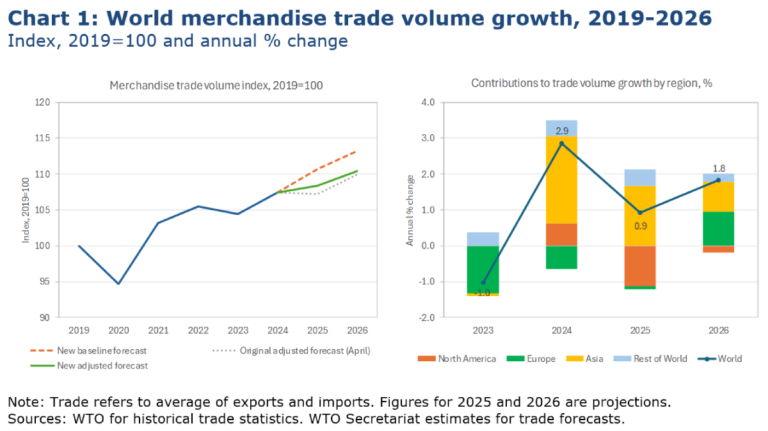SEBI’s proposed fixed‐price delisting route for low-float PSUs may help lower the government’s outlay for such an exercise — but experts warn it could erode minority shareholder safeguards.
The new framework suggests a special route at a fixed exit price instead of the current reverse book-building (RBB) process, and also waives off the requirement of securing two-thirds approval from public shareholders.
In its consultation paper, SEBI argued that if the current norm of 60 days’ volume weighted average market price is taken for delisting, it would result in a higher floor price and therefore a higher budgetary outlay for the government.
Easy PSU exits
This special carve-out for PSUs is expected to significantly simplify the process of taking these companies private, as the current process is commercially unviable and likely to result in a highly-volatile stock, said Abhishek Dadoo, Partner at Khaitan & Co.
“A minimum premium to the floor price, say 15 per cent premium, would be a reasonable approach to protect the rights of minority shareholders… and a similar approach can also be considered for non-governmental entities who could genuinely benefit from the carve-out,” Dadoo said.
Anand Jayachandran, Partner at Cyril Amarchand Mangaldas, echoed the same, suggesting a similar mechanism to be extended to other listed companies to create “fair delisting pathways” for companies.
According to data from PRIME Infobase, there are 10 companies in which the government has holding of over 90 per cent. These include Life Insurance Corporation of India, Indian Overseas Bank, UCO Bank, Punjab & Sind Bank, State Trading Corporation of India, HMT, Fertilisers and Chemicals Travancore, KIOCL, IDBI Bank and ITI.
The government will be likely looking to delist only those companies that have poor float, are loss-making or if profitable, have outdated product lines.
Minority interest
These relaxations have fuelled concerns about “regulatory favouritism” toward State-run entities and dilution of minority shareholder protection and governance standards, which the RBB process provided.
“The financial interest of the public shareholders appears to take a hit,” said Varun Singh, Partner at Foresight Law Offices. “By fixing the price and removing the need for public shareholder approval, their voice is taken away.”
Rashi Dhir, Senior Partner at DMD Advocates, said, “This could set a precedent that weakens governance standards, dilutes minority shareholders’ protection built into RBB process and fuels concerns about regulatory favouritism toward State-run entities.”
The move appears to be driven by the “practical exigencies of the government’s disinvestment roadmap”, as several PSUs continue to remain on the stock exchanges with negligible public float and limited trading volumes, said Tushar Kumar, an advocate at the Supreme Court of India.
“If not strictly ring-fenced, such a relaxation may set a precedent for private-sector promoters to seek similar exemptions. Even the perception of unfair exits, especially in government companies, long-term reputational and governance costs,” Kumar said.
Published on May 14, 2025















